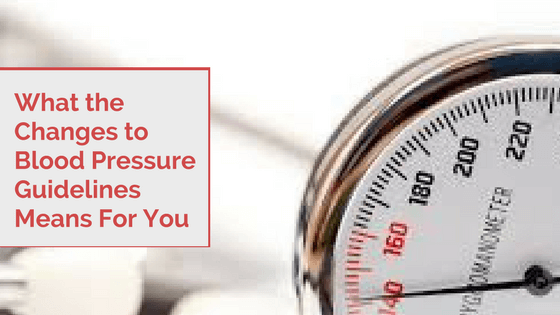On November 13, 2017, the American College of Cardiology (ACC) presented updated guidelines for diagnosing high blood pressure. The condition was previously defined at a reading of 140 over 90 and has now been adjusted down to 130 over 80 while eliminating pre-hypertension as a diagnosis. This change means that the number of Americans with the condition has increased from 32 percent to 46 percent.
While that number seems alarming, the ACC said not everyone who is now considered to have high blood pressure needs to be on medication. Dr. Paul Welton of the Tulane University School of Public Health added that the elevated risk of a heart attack for people with a reading above 130 over 80 could be countered with a regular routine of exercise and changes in diet.
The new guidelines are as follows:
- A normal reading is less than 120 over less than 80
- An elevated reading is 120 to 129 over less than 80
- A stage-one reading is 130 to 139 over 80 to 89
- A stage-two reading is 140 or more over 90 or more
- A crisis reading is any number more than 180 over 120 or higher
The changes are intended to motivate people toward healthier lifestyle habits but are not a push to put anyone on medication sooner. Dr. Marvin M. Lipman, who acts as an adviser for Consumer Reports, said that blood pressure medication may not be helpful to those in the earlier stages of the condition and may present more side effects, such as dizziness and impaired kidney function, and none of the benefits.
This checklist will help most people control their blood pressure.
- Get a blood pressure reading every two years or on each doctor’s visit. Those over 50 or who have other risk factors should have it done more often.
- Adopt a healthy lifestyle that includes regular exercise. Reduce sodium.
- Only take medication if readings are continuously high and have not responded to lifestyle changes.
- Take the right type of medication that aligns with symptoms and other health needs.
- Have regular checkups with a doctor when taking medication. Blood pressure medicines can reduce kidney function and lead to low potassium levels in the body, which makes monitoring crucial.
Those who have been on medication and have lowered their blood pressure should ask their doctors about reducing the dosage.

